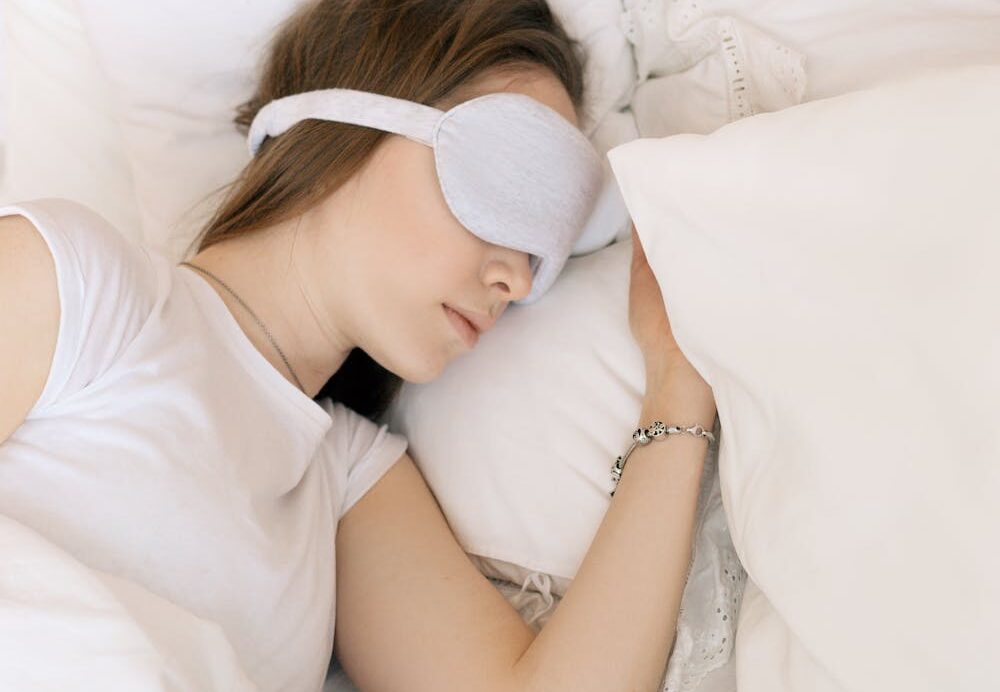
10 Oct The Astonishing Impact of Sleep on Your Health
Sleep–the magical pill? Read our special first part of our two-part article on the importance of sleep.
On October 14, 2012, Austrian skydiver Felix Baumgartner embarked on a remarkable journey. Aided by a Red Bull-funded hot air balloon, he soared to the Earth’s stratosphere, a staggering 39 kilometers (24 miles) above the surface. Fuelled by adrenaline (and possibly a few cans of Red Bull), he made a death-defying jump, plunging into a 4-minute and 20-second freefall. In this daring feat, he broke the sound barrier, hurtling at an astonishing speed of 1,357.6 kilometers per hour (843.6 MPH or Mach 1.25). Felix achieved more than just a thrilling adventure; he secured two Guinness World Records – the highest freefall and the highest crewed balloon flight.
Imagine having the desire, resources, and perhaps even a touch of audacity to attempt such a record. Yet, believe it or not, there’s a world record so perilous that even Guinness itself no longer accepts attempts: the world record for sleep deprivation. This record, held by Randy Gardner in 1963, saw him go an astounding 11 days without sleep in a Sanford laboratory. While there are anecdotal tales of humans pushing the limits further, Randy’s record remains the ‘official’ world record, likely forever. Surprisingly, this act of forcefully denying oneself sleep is considered more dangerous than plummeting from low Earth orbit at over 1300 km/hour.
The Consequences of Sleep Deprivation:
So, what happens when we voluntarily or involuntarily deprive ourselves of sleep? According to sleep scientist Matt Walker, director of the Sleep Center at Berkeley, the repercussions are severe. Over the past decade, scientific evidence has increasingly shown that being sleep-deprived—defined as getting less than 6 hours of sleep in a night—can lead to a slew of health problems:
Weight Gain: Sleep deprivation increases the likelihood of weight gain through heightened food cravings, especially for sweet, high-calorie foods.
Metabolic Issues: It’s linked to diabetes and increases the risk of developing heart disease.
Mental Health: Sleep deprivation contributes to depression, anxiety disorders, and even dementia.
Immunity: It weakens your immune system, making you more susceptible to viral infections.
Hormonal Changes: Men who sleep less than 6 hours per night tend to have lower testosterone levels and smaller testicles compared to those who get 6-9.5 hours of sleep.
Cancer Risk: There’s a strong correlation between sleep deprivation and cancer development, particularly with colon, prostate, and breast cancer.
Shift Work: The World Health Organization classified night shift work as a probable carcinogen in 2020, based on extensive research.’
Beyond these health risks, sleep deprivation negatively impacts productivity and can even lead to fatal accidents. Studies have linked major disasters, such as the Chernobyl nuclear accident, the Exxon Valdez oil spill, and the Challenger space shuttle disaster, to insufficient sleep among involved supervisors and staff. One estimate in 1988 suggested that sleep deprivation-related accidents cost over $56 billion, resulting in 24,318 deaths and 2,474,430 disabling injuries.
In the words of Matt Walker during his 2019 TED talk, “Sleep is a non-negotiable biological necessity; it’s your life support system and Mother Nature’s best effort at immortality.” So, if you’re reading this late into the night, heed his advice: go and get some sleep.